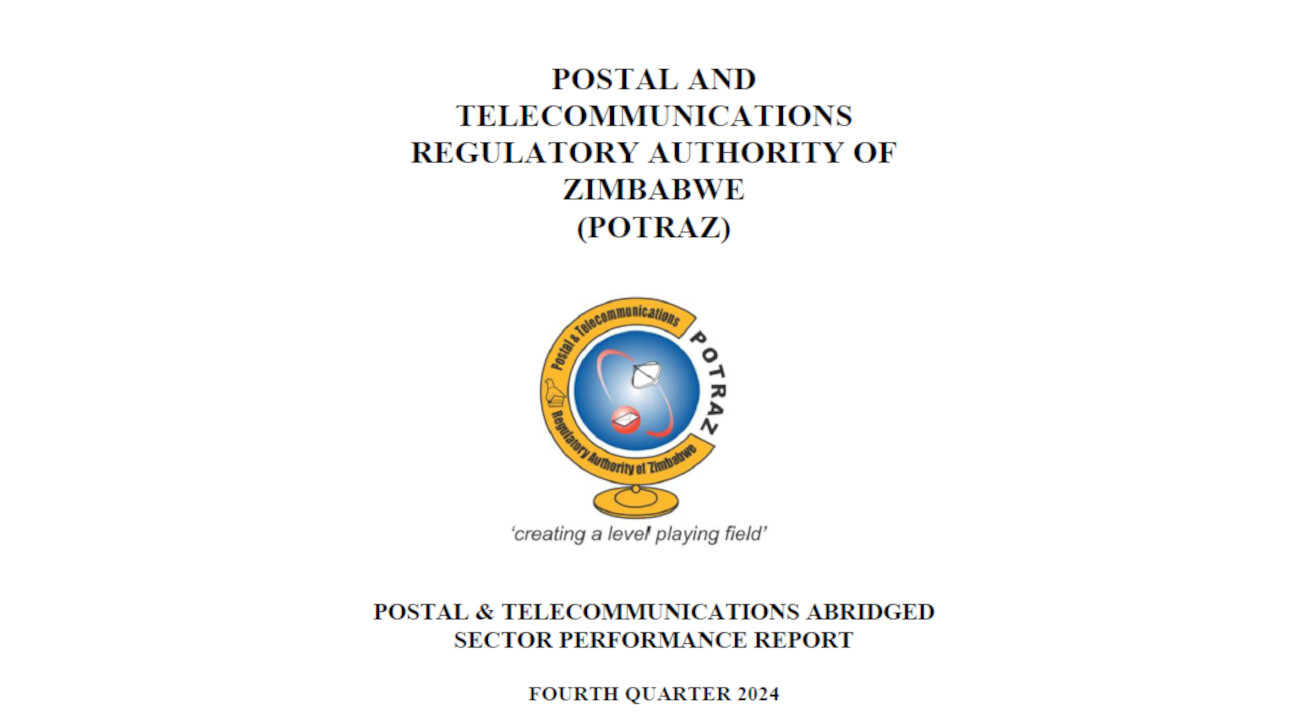The Zimbabwe government has reduced the customs duty for full electric vehicles from 40% to 25%. Hybrid vehicles are not covered by the duty reduction and will still be in the 40% duty category. 40% is the standard customs duty on most motor vehicles in Zimbabwe.
The government has also introduced a rebate on charging stations. It’s not clear yet if this is a partial or full rebate, but the language suggest it’s full.
The announcement was made at the national budget presentation by Finance Minister Mthuli Ncube as part of incentives to promote eco-friendly vehicles.
Said Mthuli’s presentation:
Currently, Electric Motor Vehicles attract Customs Duty of 40%, whilst electric tractors, attract Duty at 0%.
Cognisant of the need to promote use of eco-friendly vehicles, which will result in reduced carbon emissions, I propose to reduce Customs Duty on Electric Motor Vehicles, with effect from 1 January 2025, as shown in [the table]
In order to incentivise the use of Electric Vehicles, I, further, propose to extend Rebate of Duty on equipment used for setting up Electrical Vehicle Solar Powered Charging Stations, imported by Approved Operators. This measure takes effect from 1 January 2025.

The move follows months of lobbying in Zimbabwe by electric vehicle company BYD. Electric Vehicle Centre Africa CEO Dr Patrick Masocha, said at the time that there is a need for more incentives to drive the purchase of electric vehicles. The company has argued that without incentives electric vehicles are just too expensive for Zimbabweans to buy.
Recently, Techzim visited the BYD showroom in Harare where we had a sit-down with some officials at the company. BYD is the only EV company with official operations in Zimbabwe.
From our meeting, the officials at the company were clear that without tax and duty incentives, the adoption of EVs will be quite slow in Zimbabwe. They mentioned for example that EVs pay carbon tax even though they do not emit any fumes themselves. They also decried the treatment of EVs as luxury vehicles.
EV and Charging Station Prices in Zimbabwe
A high capacity charging station BYD sells goes for US $17,000, clearly beyond the reach of the average buyer. The new rebate will likely reduce this cost significantly.
One of the cars on display at the company is the BYD Atto 3, a compact crossover SUV. The car is priced at $71,000 in Zimbabwe. In South Africa, the same car is about $42,000, in Australia about $45,000 and in Hong Kong, $31,000.

A 15-point reduction in duty is quite significant. As a rough example, if the EV you’re importing is $10,000, the duty reduction from 40% to 25% would result in a $1,500 saving.
That said, it’s not clear just how much material impact this will have on everyday Zimbabweans. To charge an EV, one will still need to invest in a sizeable solar system. There’s no way one can rely on Zesa’s national power grid. But you can’t carry your home solar system with you so you’ll still need to rely on the general power infrastructure of the country.
Ultimately, a case for owning an EV as your primary daily car is still hard to make in Zimbabwe.


![[Event] Discover AR: Demystifying Augmented Reality for Everyday Innovation](https://t3n9sm.c2.acecdn.net/wp-content/uploads/2025/05/AR3.jpeg)










Comments
3 responses
I would love to buy one
but way outside the budget a fortuner cheaper even with the reduction in taxes
I had no idea the charger was that much
it’s definitely in the luxury category even though they won’t admit
and probably they not losing anything on taxes
Reduction in duties and taxes is always welcome, however there is money left on the table for many reasons, among them the prohibitive cost and the purchasing power of our people. BYD, we have lithium, we have engineers, we have iron ore, copper, rare earth’s, we also have designers…. We can even have a side hustle of other things that use Lithium 🔋,in time Graphite and Bukky balls perhaps.
How about we collaborate on EVs. A manufacturing plant with its own power station will create value for our organisations. The investment is steep and risky at face value, but the revenue potential is immense.
Our position in SADC means our market is just not Zimbabwe but the entire African Free Trade Area. South Africa exports BMWs to the USA, we could also do the same with our EVs with country of origin Zimbabwe😉
The Global Times reports China and the EU are nearing an agreement for EV tariffs. We will learn from this, and roll out the red carpet, it’s a win win. People get jobs, affordable EVs with financing and access to the fastest growing market in the World🌍
Electric Vehicles should have Zero duty.
Because in their lifetime in Zim, they will result in no importation of Fuel.
Petrol and Diesel vehicle, that are on the highway daily, consume roughly their own value in fuel every year. That’s 10 times their value in fuel over their lifetime.
Half of which is duty and taxes.
Electric vehicles, I effect, have zero energy import requirements.
Saving the country potential billions of dollars.